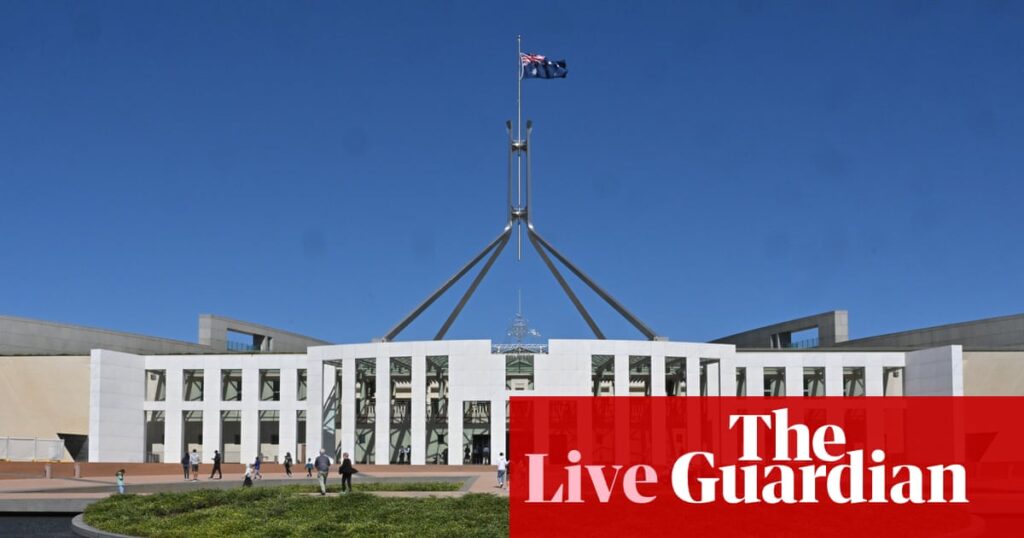
The National Anti-Corruption Commission (NACC) of Australia has confirmed it is actively investigating approximately 40 corruption cases, one of which pertains to a grants scheme involving a Commonwealth official. This revelation underscores the Commission’s ongoing efforts to address corruption within the federal framework.
The NACC’s 2024-25 annual report highlights the breadth of these investigations, which include seven cases concerning current or former parliamentarians, five involving parliamentary staff, and three related to grants. The report also notes that investigation reports are being prepared for three specific cases, with one directly linked to the grants scheme.
Scope of Investigations and Legal Framework
According to the NACC, these investigations are bound by the procedural fairness processes stipulated under the National Anti-Corruption Commission Act 2022. This ensures that individuals involved have the opportunity to respond to allegations before conclusions are drawn. The Commission’s mandate allows it to investigate corruption issues involving Commonwealth public officials, but it does not extend to state, territory, or local government officials.
The NACC’s annual report provides a detailed account of the ongoing investigations, categorizing them into various sectors. These include 12 cases involving senior executive officials, seven related to consultants or contractors, nine concerning law enforcement officials, 20 connected to procurement, and six each related to recruitment and misconduct in law enforcement.
Implications for Governance and Transparency
The NACC’s activities highlight the critical role of oversight bodies in maintaining transparency and accountability within government operations. The investigation into the grants scheme, in particular, raises questions about the management and allocation of public funds. Such scrutiny is essential to ensure that public resources are used effectively and without undue influence.
In a statement to Guardian Australia, a spokesperson for the NACC emphasized the importance of completing these investigations with due diligence and transparency. The spokesperson reiterated that the Commission’s focus remains on ensuring procedural fairness and upholding the integrity of public office.
Expert Opinions and Historical Context
Experts in governance and public policy have long advocated for robust anti-corruption measures to safeguard public trust. Dr. Emily Hughes, a political analyst at the University of Sydney, notes that “the NACC’s proactive stance is a positive step towards reinforcing ethical standards in public service.” She adds that historical cases of corruption have often undermined public confidence, making such investigations crucial for restoring faith in government institutions.
“The NACC’s proactive stance is a positive step towards reinforcing ethical standards in public service.” — Dr. Emily Hughes, University of Sydney
Historically, Australia has faced challenges in addressing corruption at various levels of government. The establishment of the NACC was a significant milestone in the country’s efforts to combat corruption, reflecting a broader global trend towards enhanced accountability mechanisms.
Looking Ahead: The Path to Reform
As the NACC continues its investigations, the outcomes could lead to significant reforms in how grants and other public resources are managed. The findings may prompt legislative changes aimed at tightening controls and preventing future instances of corruption.
Moving forward, the Commission’s work will likely influence public discourse on governance and transparency. The ongoing investigations serve as a reminder of the importance of vigilance and accountability in public administration. Stakeholders across the political spectrum will be watching closely as the NACC progresses with its inquiries, with potential implications for policy and practice in the years to come.
The NACC’s commitment to transparency and procedural fairness will be critical in navigating these complex investigations, ensuring that justice is served and public trust is upheld.






